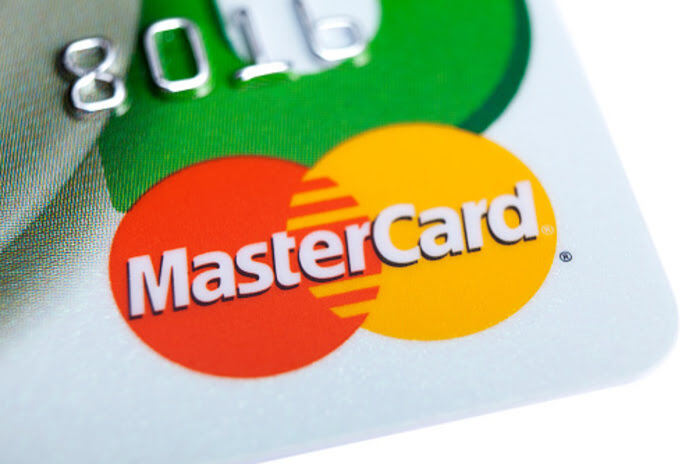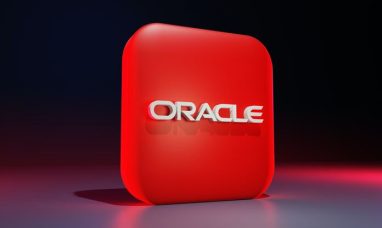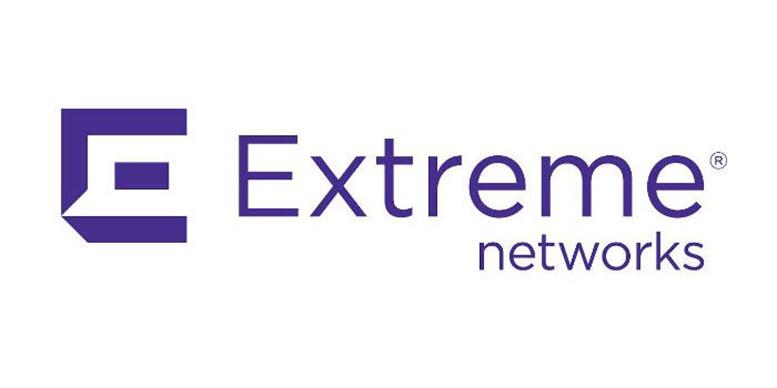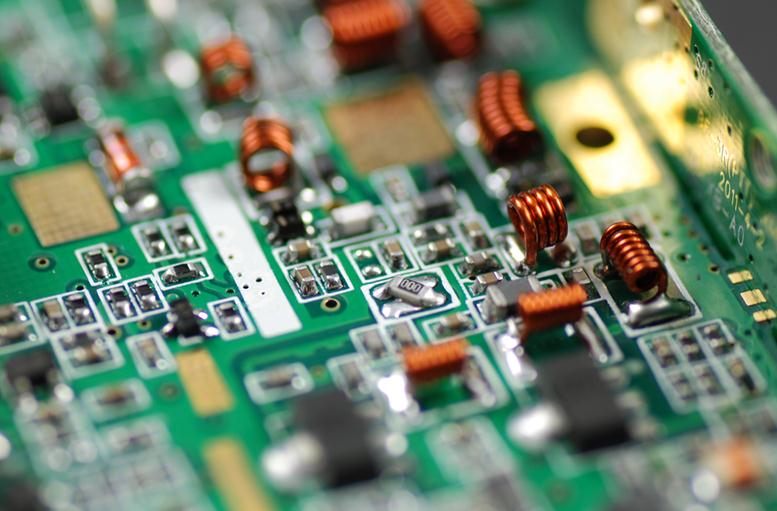Mastercard (NYSE:MA) has generated an impressive adjusted free cash flow (FCF) of over $7 billion year-to-date, accounting for 38% of its YTD revenue and a significant 45.9% of its quarterly sales based on its Q3 earnings report. This substantial FCF performance suggests that MA stock could be undervalued, potentially warranting a 35% increase in its worth, reaching up to $550 per share by the end of the next year.
As of early trading on Tuesday, Nov. 21, MA was priced at $407.71 per share, having risen more than 11% since Oct. 26, when earnings were released and MA stock was at $364.69.
The foundation of this optimistic outlook lies in Mastercard’s robust earnings and FCF.
Valuing MA Stock Using FCF Margins
Analyzing Mastercard’s year-to-date FCF margin, calculated at 37.9% ($7.03 in adj. FCF divided by $18.55 billion in sales), reveals the company’s financial strength. A more detailed examination of its recent quarterly FCF margins, especially in Q3, paints an even brighter picture.
In Q3, Mastercard generated $3.233 billion in cash flow from operations (CFFO). After deducting $104 million in capex and $130 million in capitalized software spending, the adjusted FCF for Q3 amounted to $2.999 billion. This represents an impressive 45.9% of its $5.533 billion in Q3 sales, significantly higher than its YTD 37.9% FCF margin.
Estimating Future adj. FCF and Market Valuation
Applying this higher margin to analysts’ average sales forecast for 2024 of $28.08 billion, Mastercard could potentially generate $12.88 billion in adjusted FCF next year. Using a 2.5% FCF yield (equivalent to a 40x multiple), we can estimate a future market cap valuation of $515 billion.
Comparing this estimate with Mastercard’s current market valuation of $382 billion suggests that MA stock could experience a 34.9% increase, reaching $550 per share. This potential surge could take up to a year, particularly as analysts incorporate higher adjusted FCF estimates into their price targets.
Furthermore, considering Mastercard’s substantial share buyback program, which could amount to $9.6 billion on an annualized basis over the next year (representing 2.4% of its current market cap), the target price for MA stock could potentially exceed $550 per share.
In summary, investors can anticipate a considerable uptick in Mastercard’s stock price over the next year, driven by its robust financial performance and strategic initiatives such as share buybacks.
Featured Image: Unsplash









